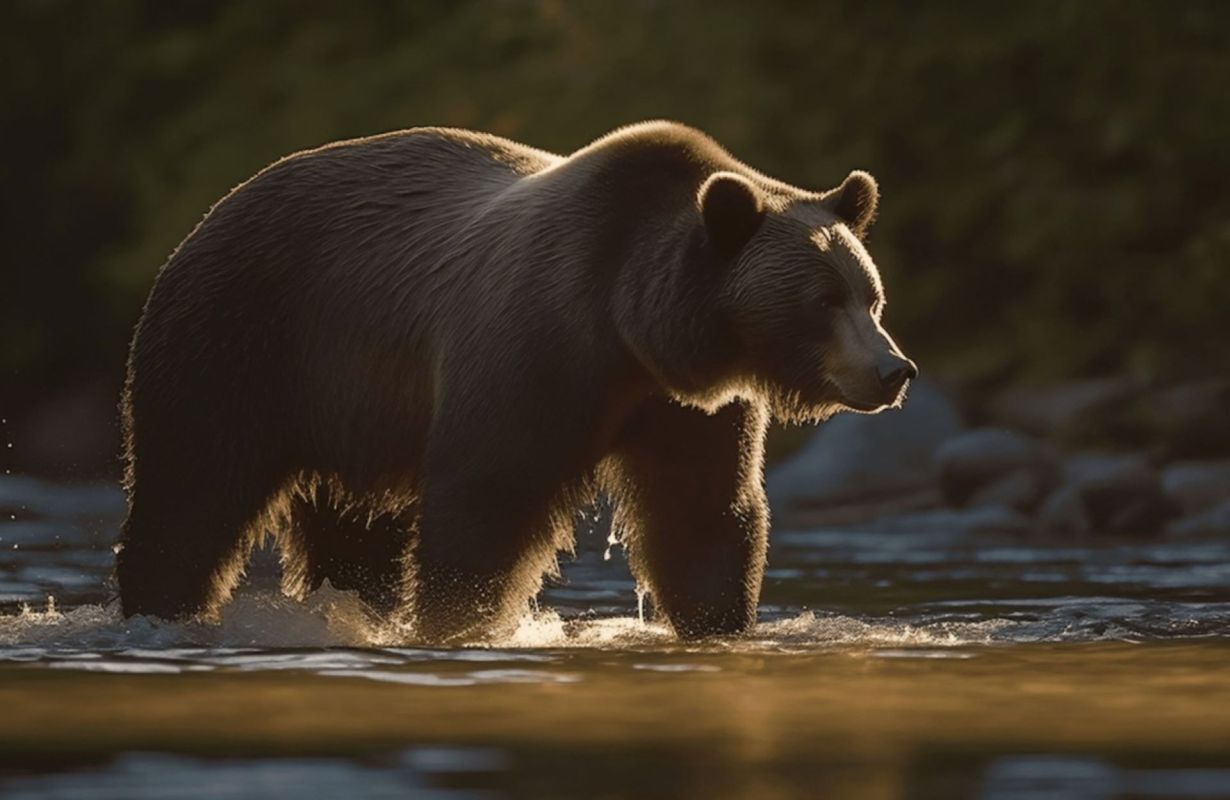A sick bear in Telluride, Colorado, was euthanized by authorities — and upon a necropsy, they discovered that the animal had suffered for months due to plastic waste blocking its digestive system.
What happened?
Residents in Telluride contacted authorities to report a concerningly sick-looking bear in their community. John Livingston, a spokesperson from Colorado Parks and Wildlife, told CNN that the bear had foam around its mouth and puffy eyes, suggesting that the bear was "battling some kind of infection … He would walk about 20 or 30 yards at a time before needing to lay down."
Authorities concluded that the bear was dangerously ill and ultimately decided to euthanize it. "We could not leave a sick bear like this knowing it was suffering and struggling to survive," Rachel Sralla, the area manager for Colorado Parks and Wildlife, told CNN. "That's a horrific way to die, decaying from the inside out for that long. As officers, we had to make an unfavorable call … It's a call we wish we never had to make."
Upon studying the bear's remains, wildlife officers discovered an alarming amount of plastic waste and other human trash stuck in the animal's digestive system. "There was all these paper towels, wipes, plastic bag–type materials, and indigestible food content," Livingston told CNN. "Trash content … wasn't able to move its way through to the lower intestines."
Why is this concerning?
It's easy to understand why getting trash stuck in a digestive tract could cause serious health problems, as plastic materials block vital organs from performing their essential functions. "To be eating and eating and not able to break down any of that food would have been a really sad and horrific way for that bear to suffer as it died," Livingston said.
Since bears have remarkable senses of smell and strong memories, they can locate dangerous materials like plastic from vast distances away — and they're prone to consume materials that they can't digest, as evidenced by the tragic fate of Telluride's bear.
Plastic waste isn't just hazardous to bears — it affects wildlife worldwide. Earth.org estimates that up to 100,000 marine animals die from either ingesting or becoming entangled with plastic every year. Other scavenging mammals and birds are susceptible to consuming plastic when they target human leftovers.
What can I do to help?
The best way to prevent tragedies like Telluride's bear is to limit your plastic consumption. Using reusable water bottles, prioritizing food items with biodegradable packaging, and investing in reusable containers for leftovers are all ways to easily cut your plastic consumption and consequently use less plastic waste in your everyday routine.
Additionally, if you live in a community with hungry animals, always take the necessary precautions when disposing of waste so that it stays out of the reach of curious critters.
Join our free newsletter for cool news and cool tips that make it easy to help yourself while helping the planet.









